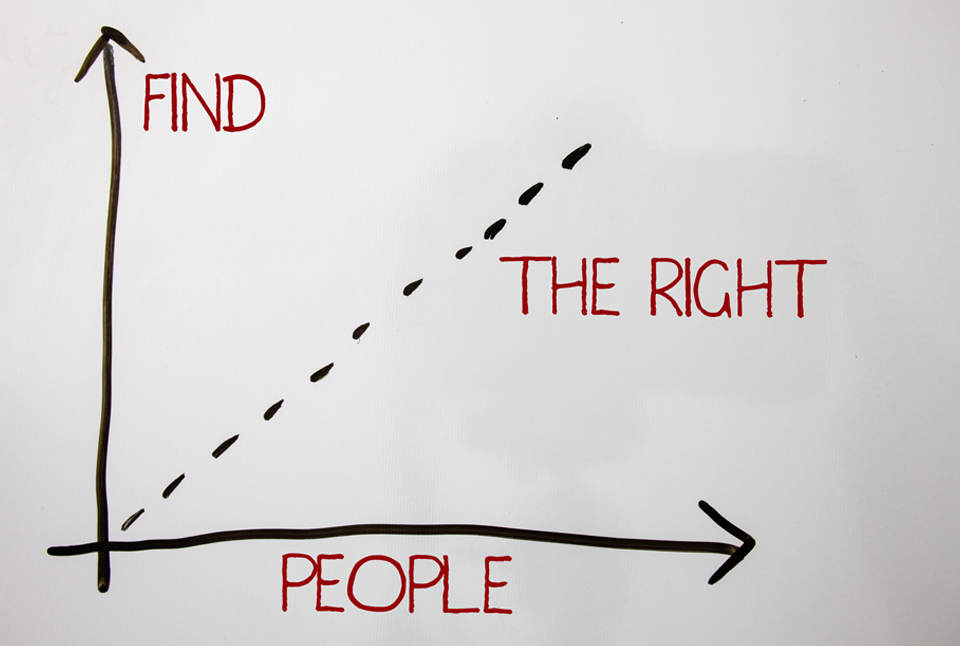Want A More Productive Team?

Do This!
By Executive Coach, Karen Nutter
No matter what business you are in, if you and your team are not productive, the company isn’t going to get very far. However, most leaders will tell you that they have tried everything and can’t find a way to motivate their employees to get the kind of productivity they desire. Conversely, most employees will tell you their bosses don’t really care about them, and don’t value the work they do. This disconnect between management and employees can be detrimental, especially to a small or growing business that needs to make their mark in the market.
I’ve talked about it at workshops, written about it a few times over the years, and reminded countless leaders that they have the power to create more successful teams by being a better leader. And the first (and easiest) way to be a leader who inspires productivity, is to simply appreciate your team.
First, Take A Look Around
You can’t exactly inspire productivity if you don’t really know what your team is doing. You may think you know, but do you really? Communicate with your team, ask them not only how they are coming along with their projects and responsibilities, but if they are running into any challenges. Find out exactly what’s involved in their daily work so you can keep track of areas that may need more support. And, pay attention so you know when someone is working extra hours, even if they are on salary.
As a manager/leader, you may feel as if you don’t have time to check in with your team because that will reduce your productivity. But, you’ll know that time was well spent when your employees see you taking a genuine interest in what they are doing, and step up their efforts as a result.
Praise Them.
Nobody likes feeling as if their contribution isn’t good enough, or that they are taken for granted. When someone feels like their efforts are always belittled, or who hear more about what they do wrong than what they do right, they are likely to quit trying. Afterall, why put so much time and energy into something when nothing you do is good enough? Over time, even the most competent, talented, and self-motivated employees will cut back on the work they do if no one seems to notice or care.
But, a little praise goes a long way. A “Good Job” note, special mention in a newsletter or at a team meeting, or an office trophy that gets awarded monthly can show team members that the work they are doing is noticed and appreciated. And, seeing someone else receive praise for a job well done can inspire other team members, too.
Just Two Words.
Based on the many people I’ve spoken with over the years, I think the most underused phrase in business is Thank You. In some cases, leaders simply get too busy to stop and recognize and appreciate the good work of their team. While internally they may appreciate their staff, many managers don’t take the time to say it. In other cases, leaders may feel like they don’t need to say thank you because the paycheck they provide does that. But, neither of these are good excuses, and both can lead to a lack of employee productivity.
Simply saying Thank You, out loud, to an employee is quick, free, and easy. It really is my number one suggestion for creating a good working atmosphere. But, there are many other ways to thank someone for their time and efforts, and different people respond more favorably to different types of appreciation. A handwritten note, an invitation to participate on a special project, or a new job title are powerful, cost-effective ways to say thank you. And if you really want to create an appreciative culture that inspires productivity, find out what resonates best for each member of your team, and customize your thanks in a manner that suits them.
If you understand the intrinsic driving forces of each employee, you can connect your appreciation to their motivation. And doing this can keep you from spending money on a cash bonus for an employee who would prefer a new desk; or sending someone to a great conference when they would prefer some paid time off.
A Stable Culture.
Praise and appreciation work better when they are part of the daily culture instead of just an occasional token. I can’t tell you how many CEO’s have told me they ran recognition and rewards programs that didn’t take – “We ran a recognition program and as soon as it was over, everyone was back to doing what they did before.” That’s because a lack of consistency comes across as a gimmick, and not authentic recognition. People work harder when they feel continuously appreciated and respected.
So, make it a point to check in regularly with each member of your team, ask questions, help create solutions, and recognize the many ways in which they contribute to the success of the company. The best leaders inspire productivity by appreciating productivity. And, you can start doing more of that right now!

